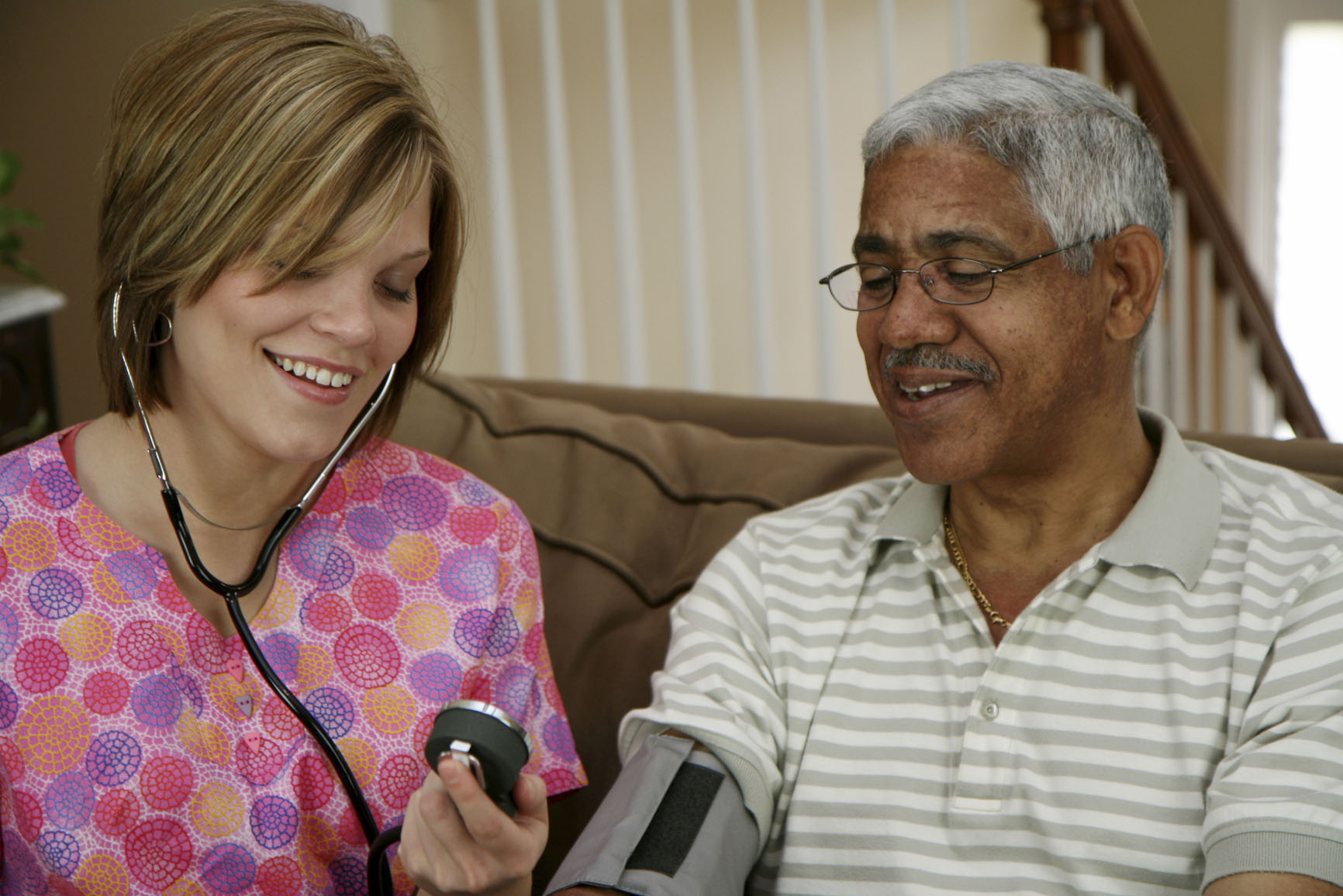About kidney disease
What is kidney disease?
Kidney disease is a term used by doctors for any problem with the kidneys, even if there is only slight, temporary damage – for example, if someone gets a urinary infection that spreads.
Kidney disease is relatively common. In fact, one in ten of us may have some reduction in our kidney function.
If a person’s kidney damage is more likely to be permanent or get worse over time, it is known as Chronic Kidney Disease (CKD). ‘Chronic’ means ‘longer lasting’, rather than severe. The condition is also broken down into stages 1-5, depending on the level of kidney damage and the percentage of kidney function left.
Sometimes people’s kidneys can suddenly develop problems. This is known medically as Acute Kidney Injury (AKI). ‘Acute’ means ‘sudden’, rather than referring to how severe the problem is, while ‘injury’ means any form of upset, not just physical injury.
Can You Live With Kidney Disease?
Yes, many people live with kidney disease, especially in the early stages. With the right care and lifestyle changes, it’s possible to slow down the damage and help your kidneys keep working for longer. Eating a healthy diet, staying active, controlling blood pressure, and taking any medicines your doctor gives you can make a big difference.
If kidney disease gets worse and becomes more advanced, treatments like dialysis or a kidney transplant may be needed. Dialysis is a treatment that does some of the work of the kidneys by removing waste and extra fluid from your blood.
Living with kidney disease can be hard, so it’s important to have support. Family, friends, doctors, nurses, and other healthcare workers can help you manage your condition and stay positive.
Types of Kidney Disease
As mentioned, there are different kinds of kidney disease. Some happen suddenly, while others take some time to develop.
Acute Kidney Injury (AKI):
This is when the kidneys stop working properly all of a sudden. It can happen because of an illness, an infection, or a reaction to a medicine. AKI can sometimes be treated and reversed if caught early.
Chronic Kidney Disease (CKD):
CKD is a long-term condition where the kidneys slowly stop working over time. It often happens because of diabetes or high blood pressure. You may not notice symptoms at first, but regular check-ups can help catch it early.
Polycystic Kidney Disease (PKD):
This is a condition that runs in families. It causes fluid-filled sacs, or cysts, to grow in the kidneys. Over time, these cysts can make the kidneys stop working properly.
End-Stage Renal Disease (ESRD):
This is the final stage of kidney disease when the kidneys stop working almost completely. At this point, dialysis or a kidney transplant is needed to stay alive.
What are the Symptoms of Kidney Disease?
Kidney disease is varied and complex, with many types of conditions, treatments and scales of illness (ranging from temporary, minor ailments to those that are life-threatening).
Kidney disease can affect the body in several different ways.
KIDNEY DAMAGE AND HIGH BLOOD PRESSURE
The kidneys help to control blood pressure, so many forms of kidney damage can cause high blood pressure. High blood pressure can also contribute to progressive kidney damage, so this can be a vicious cycle.
ANAEMIA
The kidneys create a hormone called erythropoietin, which helps your bone marrow to make red blood cells. If your kidneys start to work less, then not enough of this hormone is produced and the number of red blood cells being made will fall, resulting in anaemia – a low blood count.
BONE AND MUSCLE WEAKNESS
Healthy kidneys ‘activate’ Vitamin D inside your body (which we get from sunlight and some foods). Activated Vitamin D is used to maintain normal bone structure and make our muscles work properly. Advanced kidney disease reduces the amount of activated vitamin D in the system. This can cause bone disease, increasing the risk of fractures and bone pain, and can sometimes cause muscle weakness.
Kidney disease often starts with no symptoms, especially in the early stages. But as it gets worse, you might notice:
- Feeling very tired or weak
- Needing to pee more or less often
- Swelling in your legs, ankles, or feet
- Puffy eyes, especially in the morning
In more advanced stages, symptoms can include:
- Feeling sick to your stomach (nausea)
- Trouble breathing
- Itchy skin
- Muscle cramps
If you have any of these symptoms often, talk to your doctor. Early treatment can help protect your kidneys.
How Kidney Disease is Diagnosed
Doctors use a few different tests to find out if your kidneys are healthy.
- Blood Tests: These check for waste in your blood, especially creatinine. They also calculate your glomerular filtration rate (GFR) – a number that shows how well your kidneys are working.
- Urine Tests: These check for protein or blood in your urine, which can be signs of kidney damage.
- Imaging Tests: An ultrasound or CT scan lets doctors see the size and shape of your kidneys.
- Kidney Biopsy: In some cases, a small sample of kidney tissue is taken and looked at under a microscope to find out what’s causing the problem.
The earlier kidney disease is found, the more can be done to slow it down and protect your health.




